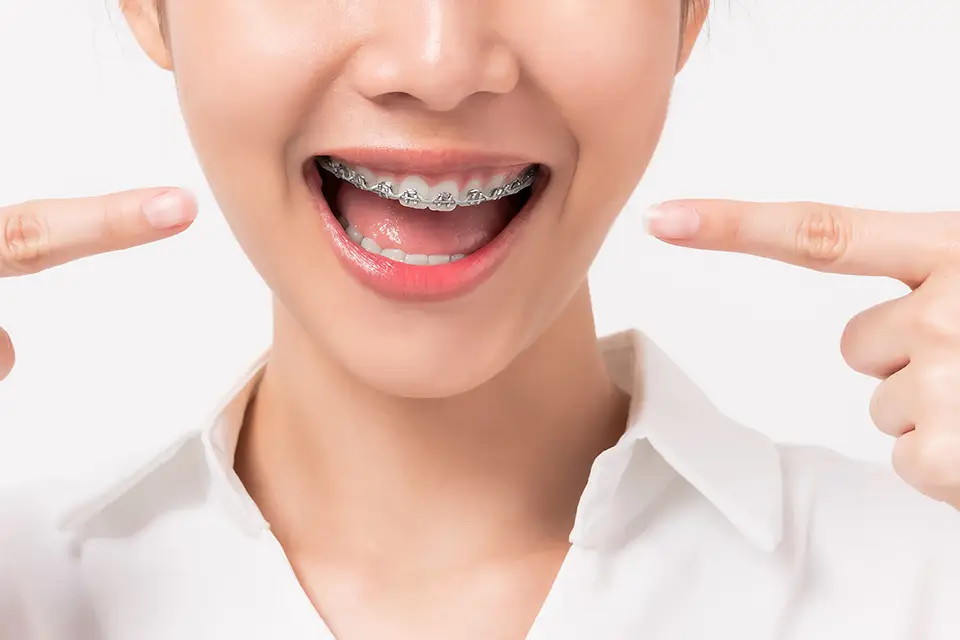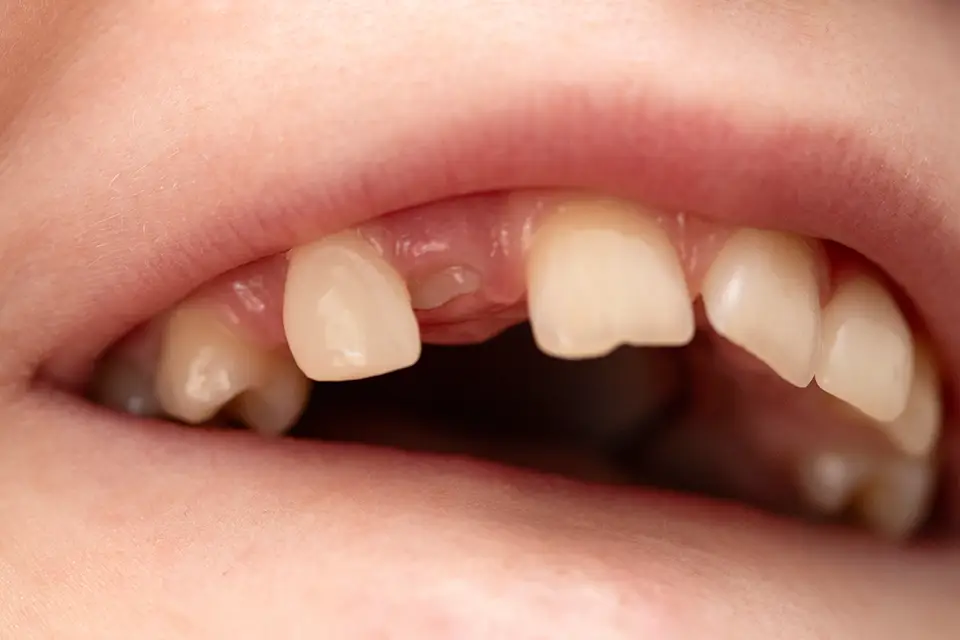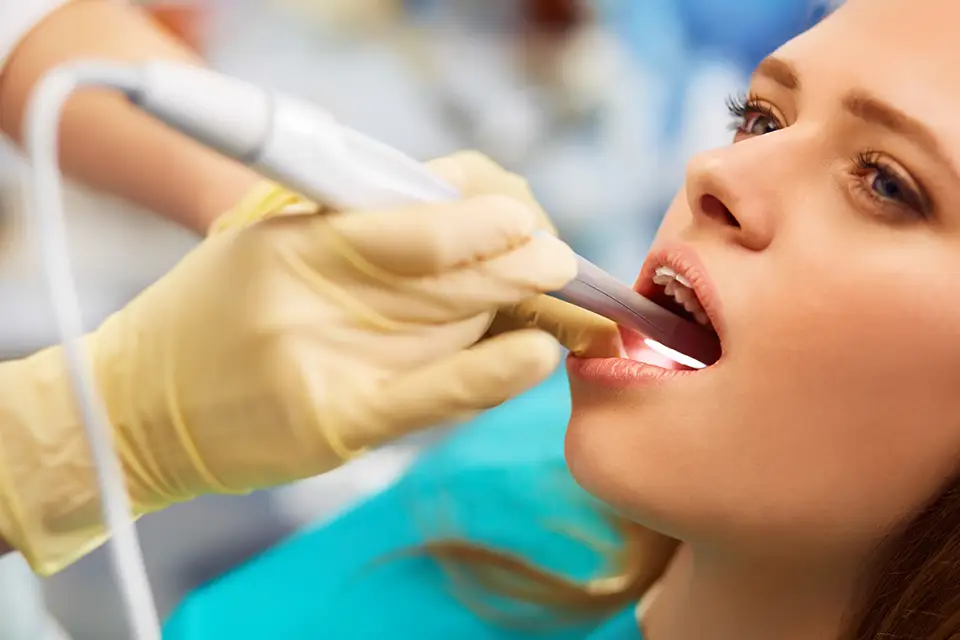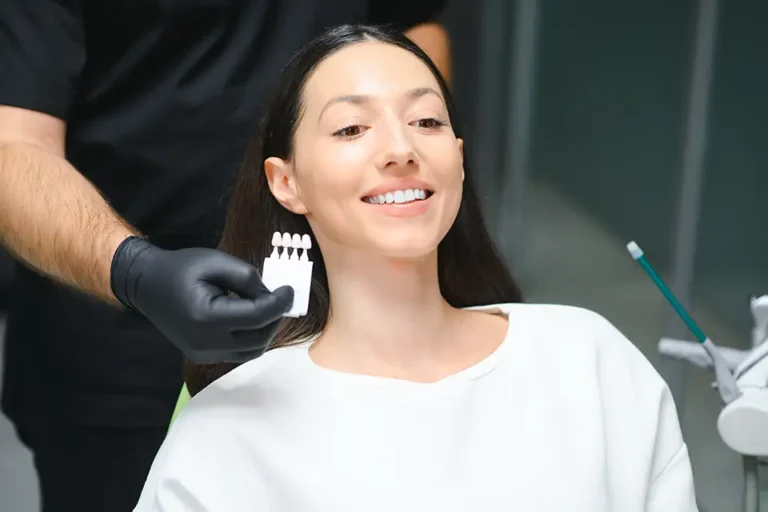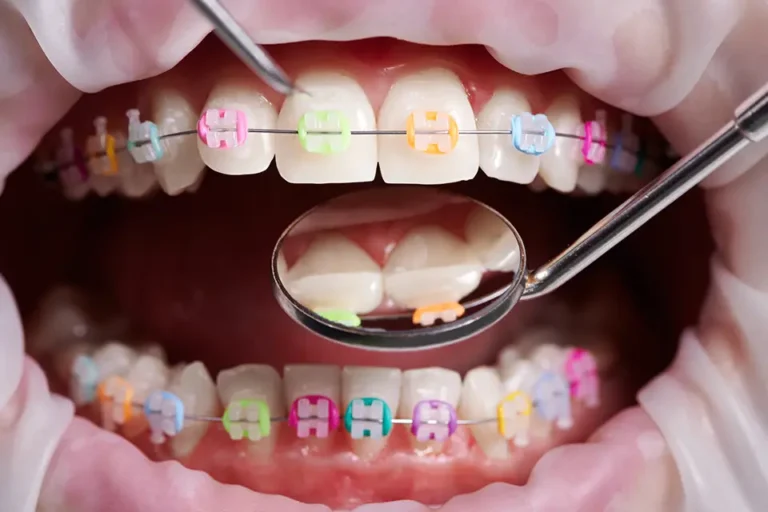Even though prevention is always the best strategy when it comes to your oral health, you will most likely experience a dental emergency at some point. Whether you have a severe toothache or knocked out a tooth playing baseball, knowing what to do during a dental emergency is critical.
You may be able to handle some issues at home, depending on the severity of the situation and your general oral health. Other situations will require a visit to an emergency dentist. Keep reading to learn about several common dental emergencies along with instructions about what to do if you find yourself in that situation.
|
|
Abscess
An abscess is an infection that creates a small pus-filled pocket on your gum line. The danger in not treating an abscessed tooth right away is that the bacteria present in your tooth could travel into your bloodstream and spread throughout your body. You should not hesitate to contact an emergency dentist at any hour if you cannot get oral pain under control or think you may have an abscess.
Chipped or Cracked Tooth
A crack or chip in your tooth may not be visible to you, but it can cause significant tooth pain. The best thing to do when you are in pain is to apply an ice pack to your cheek in the area closest to the affected tooth. If you see that part of your tooth has fallen out, place it in a small cup of milk or water, seal the cup, and bring it with you when you receive emergency dental care.
The types of treatment available for a chipped or cracked tooth varies considerably based on what caused the dental emergency and the current condition of your tooth. Possibilities include:
Dental Emergency with Braces
If you wear braces and a bracket falls off, try to find it and place it in a plastic bag if possible. Contact your orthodontist right away and get in as soon as you can to have the bracket re-attached.
When a wire breaks and pokes you in the cheek, avoid the temptation to clip it off, since orthodontic wires are tiny and you could end up swallowing a small piece of it. You can cover the exposed wire with a small piece of orthodontic wax or use a cotton ball or piece of gauze to keep you more comfortable. You will want to follow-up with your orthodontist as soon as possible for a more permanent fix.
Emergency Root Canal
A root canal is typically a scheduled procedure where a dentist removes inflamed pulp from the inside of a tooth. The dentist then cleans out the inside of your tooth and places a dental crown over it to prevent further bacterial infections that cause the inflammation.
Millions of people have a root canal performed each year to save their teeth. The most common reasons for a root canal include a cracked tooth, a deep cavity, or a problem with a previous filling. The need for a root canal can turn into a dental emergency if you have severe pain or an abscessed tooth.
Knocked Out Tooth
When you lose a tooth unexpectedly, do your best to find it and then place it in a small cup of milk or water with a lid. Be sure to pick up the tooth by its crown, which is the part visible in your mouth, rather than its roots. You can rinse off the tooth, but only if it has noticeable dirt on it. If the tooth is still in one piece, you can place it in the socket while you wait for dental treatment. Just be sure not to push the tooth too hard into the socket to avoid causing damage to your gums.
Your dentist has the best chance of reinserting your tooth if you get to the clinic within one hour of losing it. Keeping the tooth in a cup of milk or water helps to preserve it on your drive to the dental practice.
Lost Crown of Filling
Fillings help to protect teeth from further decay, while crowns preserve chipped, cracked, or infected teeth. You may experience a dental emergency when these restorations become loose or fall off because it exposes the treated tooth to additional damage.
If you have sugarless gum available, try placing a small piece into the cavity until you can see an emergency dentist. You can also place the dental restoration in a plastic bag if you can find it. Your dentist may be able to reapply the original restoration, which would save you money compared to needing to have a new one made.
Tooth Extraction
You may have a dental emergency requiring extraction if you have severe tooth decay, an abscessed tooth, or advanced gum disease. Dentists typically recommend a root canal to preserve the tooth before resorting to extraction. Unfortunately, root canals sometimes fail and emergency tooth extraction becomes necessary.
Be sure to call an emergency dentist if you have significant tooth pain or inflamed gums that have not responded to other treatments. By this point, removing the tooth is usually the best option. If the problem is severe gum inflammation, your dentist may choose to send you to a gum specialist first to ensure that tooth extraction is the right procedure for you.
Toothache

Pain in your teeth or gums tells you that something is wrong, but you sometimes need to do a bit of detective work to determine the problem. Ignoring the problem and hoping it will go away on its own can turn a minor problem into a true dental emergency. Decay and small fractures are common causes of a toothache. You could also have an infection that requires a prescription for antibiotics.
Dentists typically advise against taking over-the-counter painkillers right away because residue from the tablets could rub off on the gums and aggravate infected gum tissue. Instead, place an ice pack against your cheek and contact your dentist for further instructions. You can use non-prescription painkillers as soon as you get the okay from your dentist.
Options for Treating Your Dental Emergency at Home
Although emergency dentists are typically available 24 hours a day, seven days a week, you may not be able to get in immediately for treatment. Here are some options for pain relief that you can try in the meantime:
- NSAIDs, which stands for non-steroidal anti-inflammatory drugs
- Acetaminophens like Tylenol if you cannot take NSAIDs
- Gargling with saltwater
- Ice pack
- Toothache drops and gels
- Temporary fillings available at a drugstore
Although it can be challenging to know if you are experiencing a true dental emergency, you always want to err on the side of caution when it comes to protecting your teeth and gums. Any of the situations described above warrant a call to your emergency dentist.
How Much Does It Cost to Treat a Dental Emergency?
When you are in pain, the only thing you want is to feel better. You may not have time to check whether your dental insurance covers a specific procedure or whether it fits into your budget. Here are some typical dental emergency costs to keep in mind:
- Dental crown: $1,000 to $1,500
- Filling: $110 to $240 per tooth
- Root canal: $700 to $1,200
- Tooth extraction: $200 to $600
You may feel tempted to put off treatment for your dental emergency if you do not have insurance, but keep in mind that prolonging treatment will only make the situation worse. Most dentists offer several financing options that allow you to make low monthly payments. You could also consider signing up for a dental membership or discount plan if you do not have insurance. You pay a small monthly fee in exchange for discounted rates on dental services, including emergencies.
FAQs
How can I prevent or treat sensitive teeth?
Sensitive teeth usually develop in response to exposed tooth enamel but can also develop due to gum disease, a chipped or cracked tooth, or a worn filling. You can treat the problem with desensitizing toothpaste and regular use of fluoride at home. Prolonged sensitivity may require treatment such as a root canal or surgical gum graft.
How do I choose an emergency dentist?
If you are a patient of our dental clinic already, you should receive treatment from our dentists who know your oral health history. Should you happen to be out of town, you will have to rely on reading the credentials the dentists list on the practice website when you need treatment right away.
Are over-the-counter medications safe?
Yes, but be certain to follow the instructions on the packaging carefully and never take more than the recommended dosage.
Experiencing a Dental Emergency?
If you are having a dental emergency, you can always walk-in into our office located conveniently at: 6295 Bissonnet St Houston, Texas 77081. To expedite your experience please either call us at: 713-766-1122, you can also book an online appointment by selecting the option for dental emergency. Our goal is always to help you feel comfortable as soon as possible. We will also offer tips on how you can avoid a similar dental emergency in the future.



